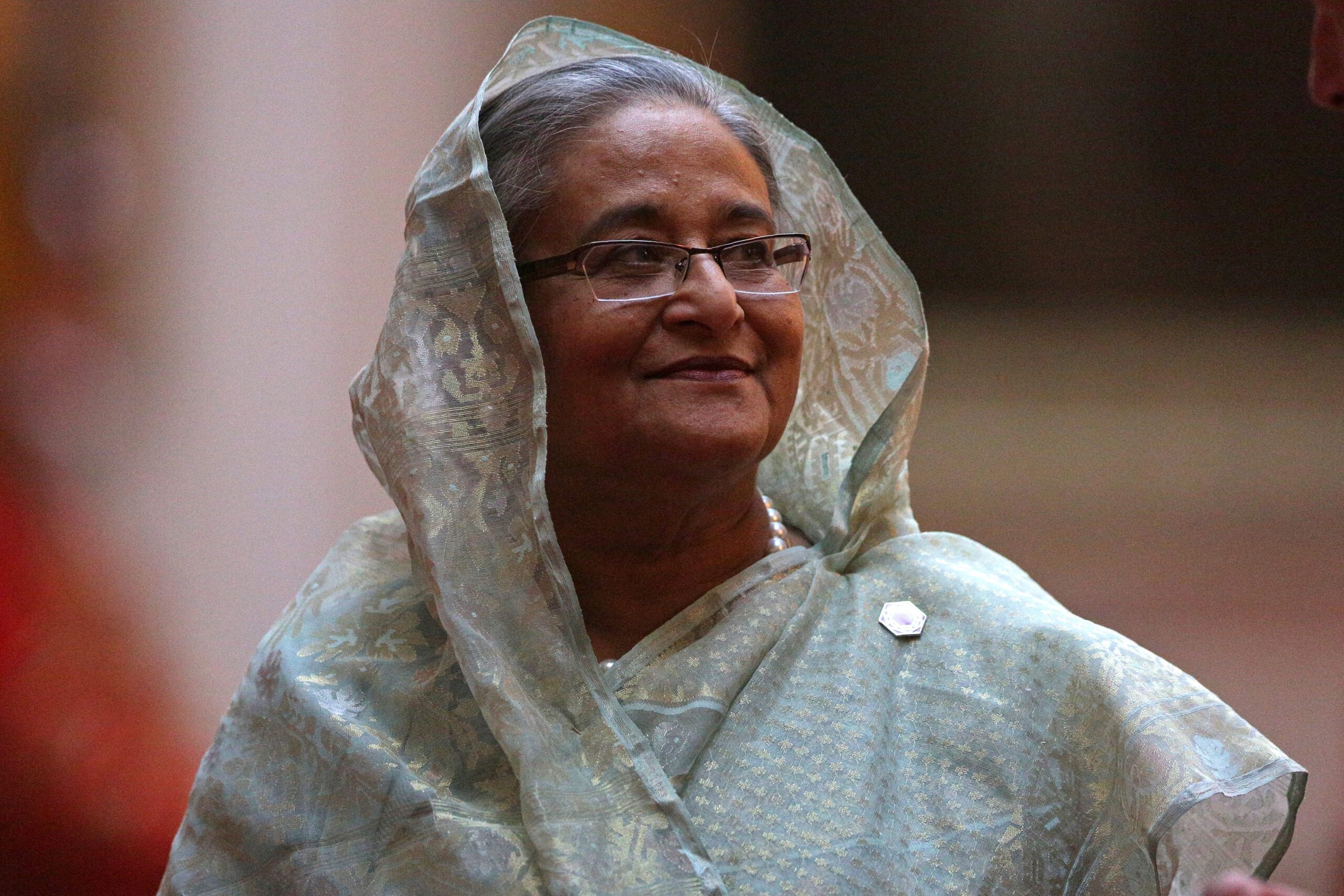- Sunday, April 20, 2025
The deal for the A350 widebody airplanes is with Biman Bangladesh Airlines

By: Chandrashekar Bhat
BANGLADESH was voting Sunday (7) in an election guaranteed to give a fifth term in office to prime minister Sheikh Hasina, after a boycott led by an opposition party she branded a “terrorist organisation”.
Hasina has presided over breakneck economic growth in a country once beset by grinding poverty, but her government has been accused of rampant human rights abuses and a ruthless opposition crackdown.
Her party faces almost no effective rivals in the seats it is contesting but has avoided fielding candidates in a few constituencies, an apparent effort to avoid the legislature being branded a one-party institution.
The Bangladesh Nationalist Party, whose ranks have been decimated by mass arrests, has called a general strike and urged the public not to participate in what it calls a “sham” election.
But Hasina, 76, called for citizens to cast their ballots and show their faith in the democratic process.
“The BNP is a terrorist organisation,” she told waiting reporters after casting her vote.
“I am trying my best to ensure that democracy should continue in this country,” she added.
Polls will stay open until 5.00pm local time (1100 GMT), with results expected after midnight.
Early signs suggested turnout would be low, despite widespread reports of carrot-and-stick inducements aimed at bolstering the poll’s legitimacy.
Two hours after voting began, only 111 people had cast ballots out of the nearly 4,200 registered at one polling station in Dhaka’s west, said presiding officer Prashun Goswami.
“I don’t have any interest in participating in this farce,” said charity worker Shahriar Ahmed, 32. “I would rather stay home and watch movies.”
Some voters said earlier they had been threatened with the confiscation of government benefit cards needed to access welfare payments if they refused to cast ballots for the ruling Awami League.
“They said since the government feeds us, we have to vote for them,” said Lal Mia, 64, in the central district of Faridpur.
The BNP and other parties staged months of protests last year, demanding Hasina step down ahead of the vote.
Around 25,000 opposition cadres including the BNP’s entire local leadership were arrested in the ensuing crackdown, the party says. The government puts the figure at 11,000.
Small and scattered protests continued in the days ahead of the election — a shadow of the hundreds of thousands seen at rallies last year.
On Sunday, police in the port city of Chittagong said they had fired shotguns to break up a rally of up to 60 opposition members who had blocked a road using burning tyres, adding that no one was injured.
The election commission said nearly 700,000 police officers and reservists had been deployed to keep order during the vote along with nearly 100,000 members of the armed forces.
Politics in the world’s eighth-most populous country was long dominated by the rivalry between Hasina, the daughter of the country’s founding leader, and two-time premier Khaleda Zia, wife of a former military ruler.
Hasina has been the decisive victor since returning to power in a 2009 landslide, with two subsequent polls accompanied by widespread irregularities and accusations of rigging.
Zia, 78, was convicted of graft in 2018 and is now in ailing health at a hospital in the capital Dhaka, with her son Tarique Rahman helming the BNP in her stead from exile in London.
Rahman told AFP that his party, along with dozens of others, had refused to participate in a “sham election”.
Hasina has accused the BNP of arson and sabotage during last year’s protest campaign, which was mostly peaceful but saw several people killed in police confrontations.
The government’s security forces have long been dogged by allegations of extrajudicial killings and enforced disappearances — charges it rejects.
The US, the biggest export market for the South Asian nation of 170 million, has imposed sanctions on an elite police unit and its top commanders.
(AFP)